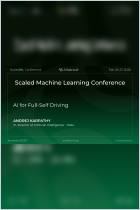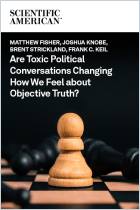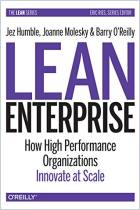
The New Era of Multimessenger Astronomy
Astronomers’ newfound ability to see the same cosmic events in light, particles and gravitational waves – a synthesis called multimessenger astronomy – gives them a fuller picture of some of the universe’s most mysterious phenomena
Read or listen offline
Recommendation
Think of an apple. In your mind, you can see its red color, feel its smooth surface, smell its sweet fragrance, take a bite and listen to its crunch. All the signals you perceive originate from the apple: visual, tactile, olfactory, gustatory and auditive. Combine all these senses, and you really know what an apple is. Now imagine you’re an astronomer. You’re no longer trying to understand a piece of fruit, but something far more mysterious, deep in the universe. You can look at this thing through a telescope, but light alone may not suffice to identify it. You need more information, and while you can’t necessarily smell, taste or touch this distant discovery, you can use other “messengers” – such as neutrinos or gravitational waves – coming from the same celestial source. Ann Finkbeiner explains this so-called “multimessenger astronomy” in a fascinating Scientific American article.
Take-Aways
About the Author
Ann Finkbeiner is a science writer based in Baltimore. She specializes in writing about astronomy, cosmology, and the intersection of science and national security. Finkbeiner is co-founder and proud co-proprietor of a group science blog, The Last Word on Nothing.















Comment on this summary or Iniciar a Discussão